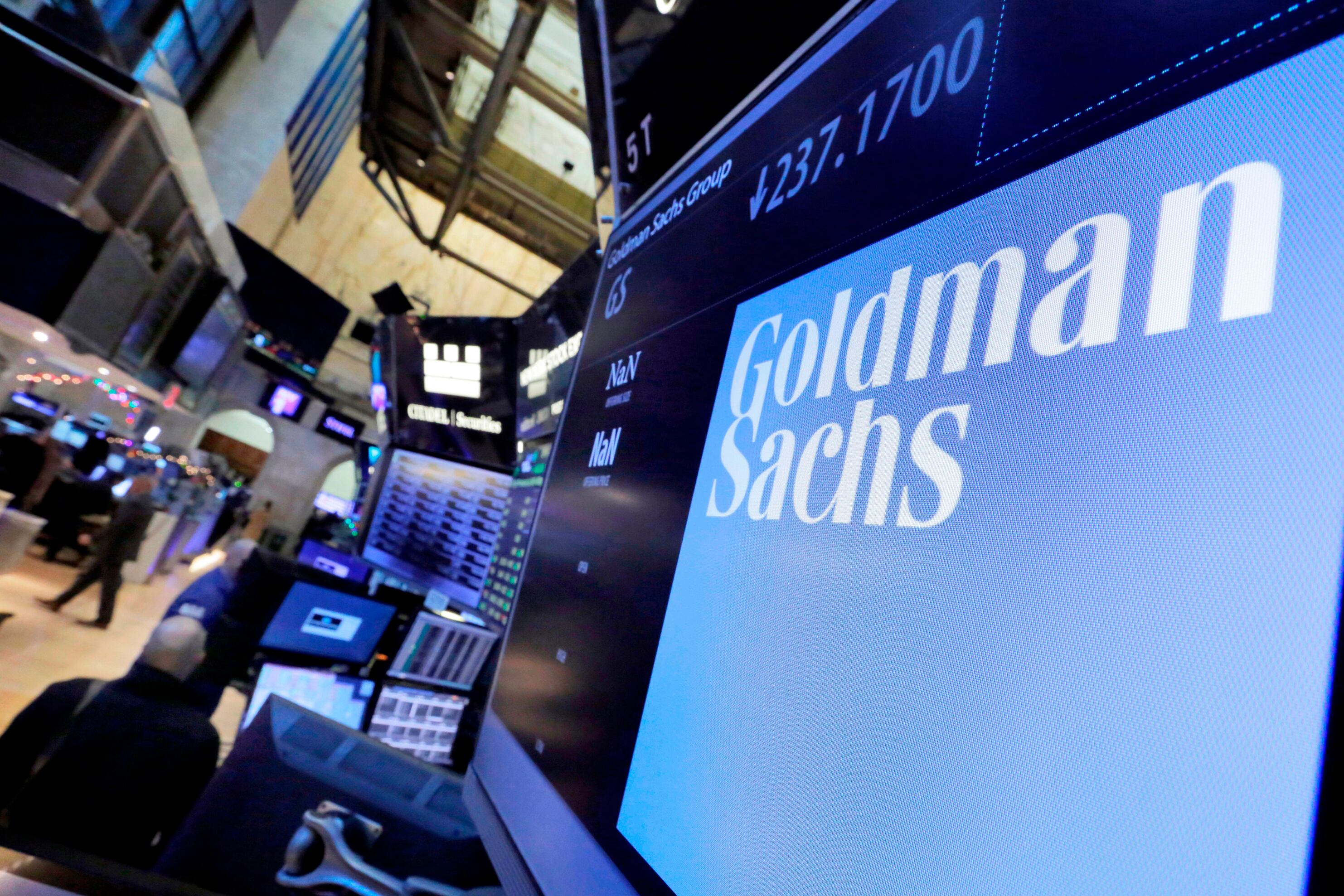Correction of the week: Rideshare edition
The share price of Lyft—you know, the rideshare company that is Pepsi to Uber’s Coke—shot up after the market closed Tuesday, thanks to, of all things, a typo in its fourth-quarter earnings release. Lyft had reported that its profit margin would grow by 500 basis points, finance speak for 5 percentage points, in 2024, to more than triple 2023’s 1.6%. In fact, they meant 50 basis points, or half a percentage point, to 2.1%. Shares rose more than 60% in computerized after-hours trading on the erroneous figure, rising from $12 to nearly $20. Oops, said CFO Erin Brewer in a call with investors and analysts the next morning. Shares dropped a bit on the clarification, but still, by midday Thursday, Lyft was trading at $18.25, up more than 50% from before the erroneous release.
“Look, it was a bad error, and that’s on me,” CEO David Risher told CNBC’s Squawk Box. But at least it’s a clear sign that surge pricing works.
The last wildcatter calls it quits
Back in the late 1970s, Texan Autry Stephens drilled a well in the Permian Basin, an underground reservoir that spans from Texas to Mexico, and struck oil. Accumulating leases over the years, combined with surging oil prices, new techniques to extract oil and gas from shale, and a process called directional drilling, which lets oil firms drill sideways to find new reservoirs, Stephens turned Endeavor Energy Resources into one of the largest oil companies in the basin.
He liked running the company, driving to work every day in an old Toyota Land Cruiser, and spurned buyout offers from giants including ExxonMobil and ConocoPhillips until a prostate cancer diagnosis finally persuaded him to yield control to Diamondback Energy, a rival Texas independent oil and gas driller. He and his family will receive about $8 billion in cash and the rest in Diamondback stock. When asked by The Wall Street Journal how he’d spend his windfall, the 85-year-old replied, “I just haven’t thought about it.”
23 and Me’s Hail Mary
What can a CEO do when her company has exhausted its market and its stock price has collapsed? 23 and Me’s CEO Ann Wojcicki says her plan to save the battered DNA testing firm is to sell its customers’ data to big pharma to help them discover new drugs. In three years, the company’s shares have collapsed from $16 to 78 cents (on Thursday), and they’ve been trading under a dollar for a year, threatening to get the firm thrown off the Nasdaq.
How did things get so bad for what seemed like such a hot property? The problem is that with 10 million tests sold, nearly everyone in America who wanted to get their DNA read for family history or medical reasons has already done so. Meanwhile, a 2023 data breach has unleashed a wave of lawsuits, and the company is still not profitable. Wojcicki says the answer is to sell patient data and to make DNA sampling a subscription system while offering what she calls “genomic health care.” But that’s going to be a hard sell when so many Americans are already balking at the high cost of basic health care.
Takeover artist Carl Icahn just bought 9.9% of JetBlue. What’s his game plan?
JetBlue has been singing the blues for several years, losing money despite rising ticket prices and an apparent full recovery from the Covid pandemic. With shares at $6 before his announcement, Icahn said the airline stock is undervalued and “represents an attractive investment opportunity.” Jet Blue is reeling after federal regulators barred a planned merger with Spirit Airlines, and Icahn says he may seek a board seat.
Icahn came to prominence when he took over failing airline TWA back in 1985. That deal didn’t work out so well. TWA spent most of the next decade in bankruptcy court until American Airlines acquired its routes and planes in 2001. But Icahn himself has been a recent takeover target, after short-selling hedge fund Hindenburg Research argued that Icahn’s own publicly traded firm, Icahn Enterprises, was overvalued, sending its shares down from a little over $50 to as little as $26 and change last Spring. That cut into Icahn’s ability to raise cash, so now the jury is out on whether he wants to take over JetBlue, or just raise its share price in the hopes of raising his own. And at price time, shares were up to $7.06.
Good news is bad news for home buyers
You’ll probably have to wait until June before that dream of buying a home inches just a little bit closer to reality. That’s when the Fed is finally expected to begin cutting interest rates. Unemployment is down, meaning the labor market is tight, and several key indices show the decline in domestic manufacturing has slowed significantly, but inflation has stayed stubbornly above the 2% level that Fed chairman Jerome Powell says is needed for rates to fall from their current target rate range of 5.25%–5.5%.
The gold-standard 30-year fixed mortgage was at 6.77% this week, up by 13 basis points from last week and 45 points from a year ago. Mortgage applications by new home buyers fell 3% last week, according to the Mortgage Bankers’ Association.
Peter S. Green is a veteran reporter and editor who has spent more than two decades covering business and finance from Eastern Europe to New York City, and has worked for Bloomberg News, The New York Post, The New York Times and The Messenger. He lives in New York City and is always looking for the next big story.








